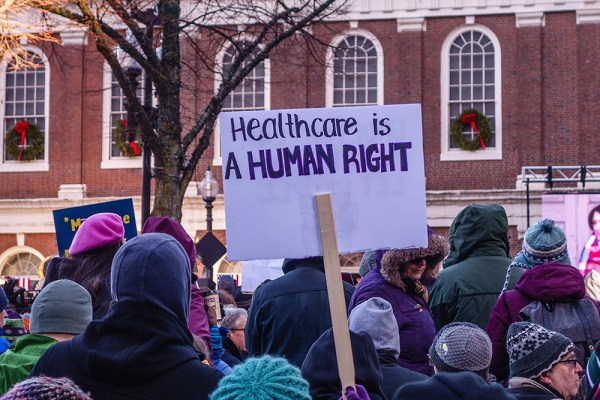Huge Decisions Loom for Lawmakers on Obamacare Taxes

One of the biggest calling cards of the Republican Party for the last several years, including President Donald Trump, has been to repeal the Affordable Care Act, also known as Obamacare. Although Obamacare has faced much opposition throughout its existence, recent polls suggest that most Americans don’t want it repealed, especially if there is nothing to replace it.
Still, republican lawmakers are undeterred in their efforts to scrap it. However, there are several significant taxes issues that must resolved, namely which taxes should they repeal. Make no mistake, republicans hate the Obamacare taxes, but some feel that they should keep them to help pay for their replacement plan. The taxes in question include:
- Net Investment Income Tax – this would automatically eliminate the 3.8 percent tax on capital gains.
- Health Insurance Tax – Health insurance providers are forced to pay this annual fee based on their market share.
- Medicare Surtax – This tax on the wealthy created an extra $7.3 billion for the government, so eliminating it would help anyone earning more than $200,000 (single filer) or $250,000 (joint filer) a year.
- Cadillac Tax – this is set to begin in 2020, but many lawmakers from bot sides oppose it, as it would be a huge tax on those with high-cost health plans, including many democratic-backed unions.
- Prescription Drug Tax – repealing this would help businesses that make or import branded prescription drugs and have to pay huge fees for doing so.
- Tanning Tax – this contributed to many tanning salons going out of business
- Medical Expenses Deduction Cap – this raised the threshold for deducting medical expenses from 7.5 percent to 10 percent.
- Flexible Spending & Health Savings Accounts – these placed lower limits on the amounts people can add to them and raised the penalties for using the money on anything other than medical expenses.
- Mandate Penalties – these are the penalties that people must pay if they choose not to have health insurance.
Each of these taxes could en up on the chopping block, but it remains to be seen which ones will be officially repealed and which ones will survive.
http://thehill.com/policy/finance/317880-gop-faces-big-decision-on-obamacare-taxes
Sec179 Businessequipment
Updated: 11/12/10 Most new business equipment can be either depreciated over its useful life or expensed immediately under Internal Revenue Code Section 179. The maximum deduction is based on the following schedule for the date in which the tax year begins. Each 1040, whether Single or Joint, is limited to one maximum. 179 expenses passed…
Sec1244 Small Business Stock Sales
Sec1244 Small Business Stock Sales Section 1244 of the Internal Revenue Code, the small business stock provision, was enacted to allow shareholders of domestic small business corporations to deduct as ordinary losses, losses sustained when they dispose of their small business stock. In order to receive this beneficial treatment, the Code prescribes specific requirements for:…
Section 1202: Small Business Stock Gain Exclusion
What is Section 1202 Stock? In December 2015, the Protecting Americans from Tax Hikes Act of 2015 (“PATH Act”) was passed by Congress and signed into law by President Barack Obama. The PATH Act made several tax breaks permanent, including the Small Business Stock Gains Exclusion (Section 1202). The new law makes permanent the exclusion…
Section 1202: Small Business Stock Gain Exclusion
Section 1202: Small Business Stock Gain Exclusion Updated: 01/16/2016 In December 2015, the Protecting Americans from Tax Hikes Act of 2015 (“PATH Act”) was passed by Congress and signed into law by President Barack Obama. The PATH Act made several tax breaks permanent, including the Small Business Stock Gains Exclusion (Section 1202). The new law…


